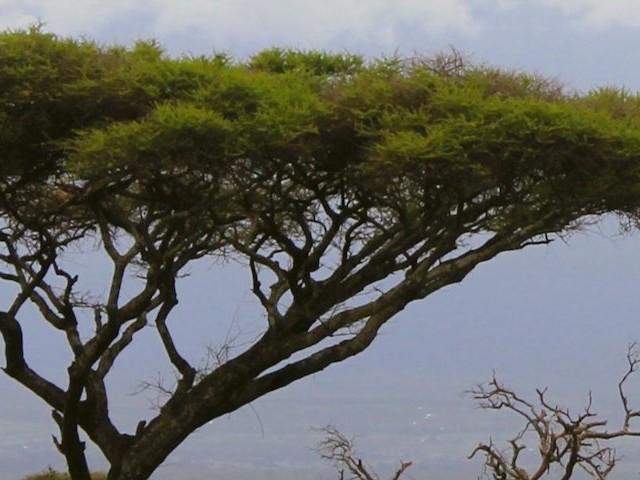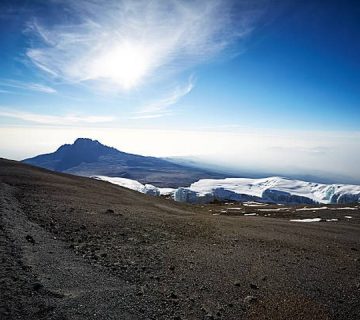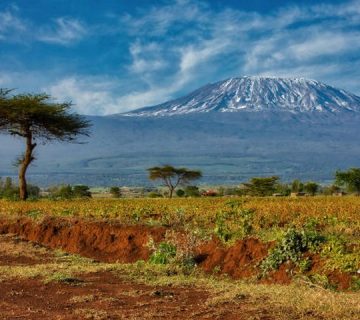Sustainable Kilimanjaro Summit Expeditions: Your Adventure Awaits
Amidst the towering clouds and the ethereal beauty of Africa’s highest peak, Mount Kilimanjaro beckons adventurers from around the globe. However, as the guardian of this majestic mountain, the Kilimanjaro Centre for Trekking and Ecotourism (KCTE) believes in more than just climbing; we advocate for sustainable expeditions that protect our environment and empower local communities. Join us as we explore how you can participate in a Sustainable Kilimanjaro Summit Expedition that leaves a positive footprint on the heart of Tanzania.
Why Choose Sustainable Trekking?
Sustainability in trekking is no longer optional; it’s essential. As we witness the changing landscapes due to climate impacts, each step we take should help in preserving this iconic mountain for future generations. Sustainable trekking means minimizing environmental impact, enhancing economic benefits to the local communities, and providing a safe, enriching experience for trekkers.
Preserving the Pristine Beauty of Kilimanjaro
Mount Kilimanjaro is not just a mountain; it’s a vibrant ecosystem that hosts unique flora and fauna. Sustainable practices such as proper waste disposal, using eco-friendly trails, and adhering to park regulations are crucial. At KCTE, we ensure that every expedition is guided by these principles, maintaining the natural integrity of Kilimanjaro.
Empowering Local Communities
The true spirit of Kilimanjaro lives within its communities. Sustainable trekking involves employing local guides, porters, and staff, thus providing them with fair wages and job opportunities. We at KCTE are proud to contribute directly to the local economy, ensuring that the benefits of tourism are shared widely.
A Safe and Fulfilling Experience
Safety and sustainability go hand in hand. By choosing KCTE, you opt for well-maintained gear, experienced guides, and thorough safety protocols that ensure a memorable and impactful journey to the summit.
How We Facilitate Sustainable Expeditions
Our commitment to sustainable Kilimanjaro expeditions is woven into every aspect of our operations. Here’s how we make it happen:
Responsible Travel Practices
From the moment you join us, you’ll notice our dedication to responsible tourism. We conduct detailed briefings on the importance of eco-friendly practices, such as sticking to trails, managing waste, and respecting wildlife. Our guides are trained in eco-conscious practices ensuring they lead by example.
Supporting Eco-friendly Accommodations
Where you stay matters. KCTE partners with eco-friendly lodges and campsites that are committed to sustainability. These accommodations use solar energy, rainwater harvesting, and other sustainable practices that reduce environmental footprints.
Engaging in Community Initiatives
We believe in giving back. A portion of every booking fee goes to local environmental and social projects. Whether it’s reforestation efforts or supporting education in local schools, your climb contributes to meaningful change.
Preparing for Your Sustainable Summit Expedition
Embarking on a sustainable expedition requires preparation that respects both personal readiness and environmental stewardship. Here are some tips to get you started:
Physical Preparation
Climbing Kilimanjaro is an exhilarating challenge that demands good physical condition. Engage in regular exercise, cardiovascular training, and possibly altitude training. Remember, a well-prepared trekker makes a more sustainable trekker by reducing potential emergencies and impacts.
Gear and Equipment
Select high-quality, durable gear that can withstand the rigors of Kilimanjaro without frequent replacement. Consider renting equipment to minimize waste. KCTE offers rental options for gear that meets our strict sustainability and safety standards.
Cultural Sensitivity
Understanding and respecting the local culture enhances your experience and supports ethical tourism. Learn a few basic phrases in Swahili to connect with locals, and respect local customs and traditions.
Why Book Your Climb with KCTE?
Choosing KCTE for your Kilimanjaro expedition means opting for an experience that’s crafted around the principles of eco-tourism and ethical practices. Our expert guides, comprehensive support system, and dedication to sustainability make us the premier choice for trekkers who care about the planet and its people.
Expertise and Experience
Our guides are certified, knowledgeable, and have years of experience leading successful expeditions. Their expertise ensures your journey is safe, enjoyable, and enlightening.
Commitment to Sustainability
We don’t just talk about sustainability; we live it. From reducing emissions to supporting conservation projects, our operations are designed to protect and preserve Kilimanjaro’s fragile ecosystem.
Tailored Experiences
Every trekker dreams differently. Whether you seek a serene solo journey, a challenging adventure, or a family trek, we tailor the expedition to meet your needs while maintaining our sustainability ethos.
Summary: Join Us for a Trek with a Purpose
Climbing Kilimanjaro is more than conquering a physical peak; it’s about achieving a personal summit of responsibility and sustainability. When you book your expedition with Kilimanjaro Centre for Trekking and Ecotourism, you’re not just choosing a tour operator; you’re choosing a partner in making a positive impact.
Ready to take the first step on your sustainable journey to the top of Africa? Contact us today, and let’s plan your adventure that combines thrill with sustainability!
Frequently Asked Questions
Q: What is the best time to climb Kilimanjaro?
A: The best times are during the dry seasons, from late June to October and from late December to March.
Q: How difficult is it to climb Kilimanjaro?
A: Kilimanjaro is considered a "trekking peak" and is feasible for most fit individuals. Preparation and acclimatization are key to a successful summit.
Q: How does KCTE ensure the health and safety of its climbers?
A: We employ comprehensive health checks, provide satellite communication, and our guides are trained in emergency response and altitude sickness management.
Q: Can families with children climb Kilimanjaro?
A: Yes, families with children can climb Kilimanjaro. We recommend that children be at least 10 years old and physically fit. Customized itineraries can be arranged to suit family needs.




